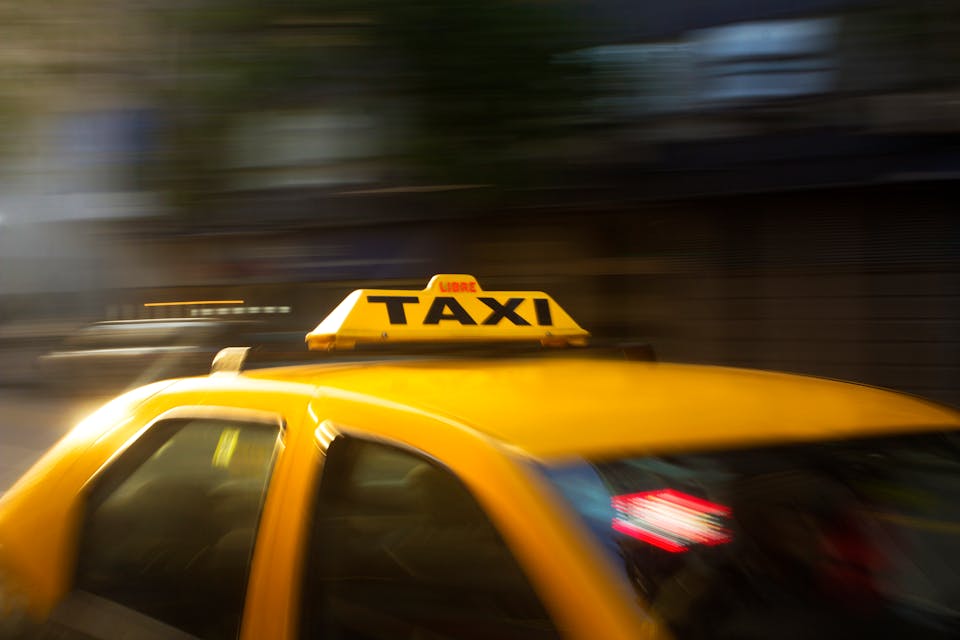Traveling the world is exciting, but scams can quickly spoil your adventure. Knowing how to avoid common travel scams around the world helps you focus on creating amazing memories instead of dealing with frustrating problems.
Whether you’re exploring a bustling city or relaxing in a quiet village, scammers often target travelers who seem distracted. Staying prepared and aware is the best way to protect yourself and enjoy your trip.
Learning How to Avoid Common Travel Scams Around the World Matters

Understanding how to avoid common travel scams around the world is essential because these tricks happen everywhere — at airports, in taxis, in markets, and even in restaurants. One of the most common scams involves fake taxis.
Drivers may charge outrageous fares, take longer routes, or even claim their meter is broken. To avoid this, use official taxi apps or book rides through your hotel. Always agree on a fare in advance or make sure the meter is running. If the driver seems evasive, politely decline and find another.
Beware Pickpockets, Helpful Strangers, and Money Scams

Pickpockets are another frequent threat, especially in crowded places like markets, buses, and train stations. They often work in groups, creating distractions while someone else grabs your wallet or phone. Wearing a crossbody bag in front of you and avoiding valuables in your back pocket helps minimize risk. Staying alert and aware of your surroundings is crucial.
Scammers also like to pose as helpful strangers. They may offer directions, assist with tickets, or even grab your bag to “help” — then demand payment. While many locals are genuinely kind, it’s best to be cautious if someone insists on helping when you didn’t ask. If you need help, approach clearly uniformed staff or official personnel instead.
Confusion over money is another opportunity for scammers. Some may give incorrect change, switch bills, or even use fake currency. Learn the local money before you travel, count your change carefully, and try to pay with smaller bills whenever possible. If you ever feel rushed or pressured, step aside and check your money before continuing.
Keep An Eye On Posers and Your Food & Drink

In some places, scammers pose as police officers, claiming you broke a law and must pay a fine. If this happens, always ask to see official identification. If you’re unsure, insist on going to the nearest police station to resolve the matter. Real officers won’t mind, but scammers usually back off when challenged.
Restaurants and bars are also common scam locations. Some restaurants overcharge tourists or add hidden fees to the bill. Always ask for a menu with clear prices before ordering. In bars, be careful with your drink — never leave it unattended or accept one from strangers, as drinks can be spiked to make you vulnerable.
It Ain’t Free

Street vendors in tourist areas often offer “free” bracelets, flowers, or souvenirs. Once you accept, they demand money and refuse to leave you alone until you pay. Politely but firmly decline anything offered as free, and keep walking.
To avoid being tricked by fake tour companies, book tours, hotels, and activities only through trusted, well-reviewed platforms. Always read reviews and avoid paying in full upfront unless you know the company is reputable. Checking credentials and asking questions helps ensure you’re dealing with legitimate businesses.
Keep Your Possessions Close and Your Words Closer

It’s also wise to secure your belongings in public spaces. Use locks on luggage, keep backpacks zipped and in sight, and don’t leave bags on the floor or hanging behind your chair at restaurants. Thieves look for easy targets, so make yourself harder to scam.
Sharing your itinerary with a trusted friend or family member adds another layer of safety. Checking in regularly ensures someone knows where you are if something goes wrong. If you ever feel uncomfortable in a situation, trust your instincts and leave immediately.
Knowing a few basic local phrases like “help,” “police,” or “stop” can also discourage scammers, as it shows you’re alert and prepared. Apps like Google Translate can help you communicate effectively if needed.
Trust Your Instincts to Avoid Common Travel Scams

When using ATMs, choose machines inside banks or trusted stores instead of ones on the street. Cover the keypad when you enter your PIN and monitor your bank account for unusual activity afterward.
Above all, trust your gut. If something feels off, it probably is. Don’t worry about seeming rude — it’s better to protect yourself than to fall victim to a scam. Finally, remember that not everyone you meet is out to scam you. Many locals are genuinely kind and welcoming. Staying aware of how to avoid common travel scams around the world simply helps you enjoy the good experiences without the bad ones.
Bon Voyage to Travel Scams

Knowing how to avoid common travel scams around the world is an important part of being a smart, responsible traveler. These simple tips can save you money, stress, and even your vacation. With a little awareness and preparation, you can focus on what really matters — exploring the world and creating unforgettable memories. Travel with confidence, stay alert, and have fun!


